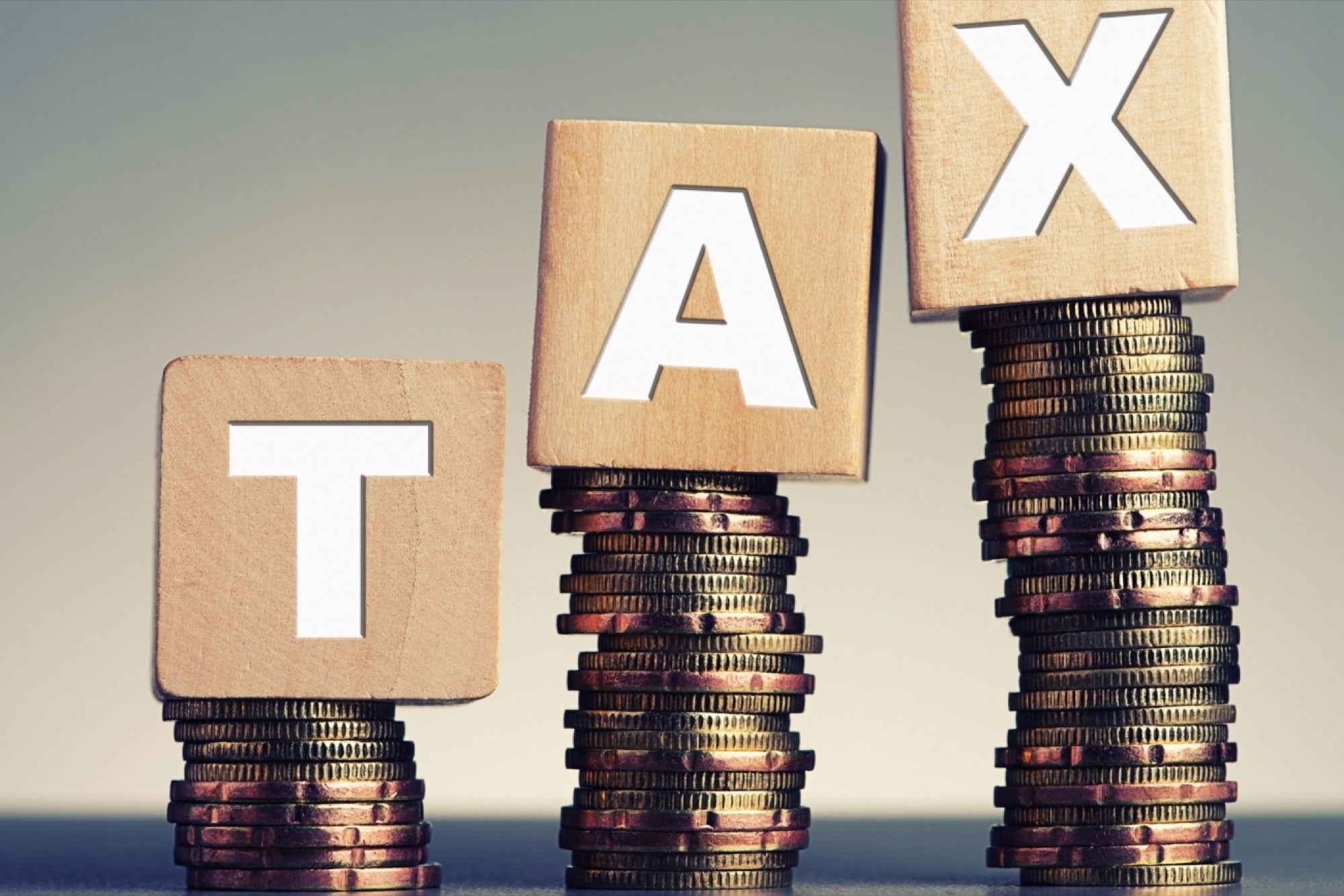Top Tax Changes That Will Affect an Entrepreneur's Life #Budget2018 Budget 2018 made way for a conducive environment for start-ups and MSMEs
You're reading Entrepreneur India, an international franchise of Entrepreneur Media.

Taxation has always been a point of concern for business owners and salaried professionals. As the Union Budget 2018-19 was presented by the Finance Minister Arun Jaitley, the country waited with bated breath for respite on taxes.
From a lower personal income tax to a hopeful reduction in angel tax, entrepreneurs expected a lot from the Union Budget.
In a bid to move forward with the dream of a Digital India, Jaitley spoke about creating a better environment for start-ups and MSMEs. Here are the top tax changes that will help entrepreneurs scale their business.
Investments Could No More Be 'Tax'ing
While Jaitley spoke about building a conducive environment for VCs and increasing the amount of funding in the country, an intensifying debate in the start-up community has been about the taxation rate for angel investors. Although no direct measures were spoken about regarding the angel tax, it is expected to come down as Jaitley said, "We will take additional measures to strengthen the environment for their (start-ups') growth."
The 2012 budget had introduced the concept of the Angel Tax as a part of the Income Tax Act. In accordance with the same, investments were taxed at 30 per cent, which also resulted in a 53 per cent in angel funding in 2017 (said a Nasscom report).
Fostering Growth for MSME owners
For business owners, there came a respite in the reduction of taxes. Recognizing the need for facilitating compliance, corporate tax has been reduced to 25 per cent from 30 per cent for companies with an annual turnover of up to INR 250 crore. "This will benefit the entire MSMEs which account for 99 per cent of companies filing tax returns," Jaitley said
Eyes on Employees
For entrepreneurs, keeping a track on the salaries for their employees is an important aspect. As a part of the Union Budget, Jaitley announced the contribution of 8.33 per cent to Employee Provident Fund for new employees by the government in three years, while 12 per cent government contribution to EPF in sectors employing a large number of people.
It was already clear that this year's budget would focus on women, starting with the pink cover of the Economic Survey 2018. During his Budget address, Jaitley said that in order to facilitate the employment of women in the workforce, he proposed to reduce women employees' contribution to 8 per cent for first three years of their employment.
For Entrepreneurs at a Personal Level
It comes as a disappointment for most middle-class citizens as Jaitley announced no changes in the personal income tax structure. He added that there will be a standard deduction of INR 40,000 introduced in lieu of transport and medical reimbursements for salaried employees.
Talking about how Indians have come out to pay their taxes, Jaitley spoke about how the government's efforts to curb black money and bring in people into the taxation regime have been successful. He said that the number of taxpayers has increased to 8.27 crore from 6.4 crores. Talking about how demonetization helped bring in more honest taxpayers into the system, Jaitley added that this is the reason why demonetization is called Imaandari ka Utsav.
Earlier in the Economic Survey 2018, Chief Economic Advisor Arvind Subramaniam had mentioned a 50 per cent increase in the number of indirect taxpayers in the country. Jaitley too said that the growth rate for indirect taxes was slated at 12.6 per cent while for direct taxes it was 18.7 per cent. Indirect tax is a tax levied on goods and services rather than on income or profit while direct tax is the tax levied on the income of the person (income tax).











